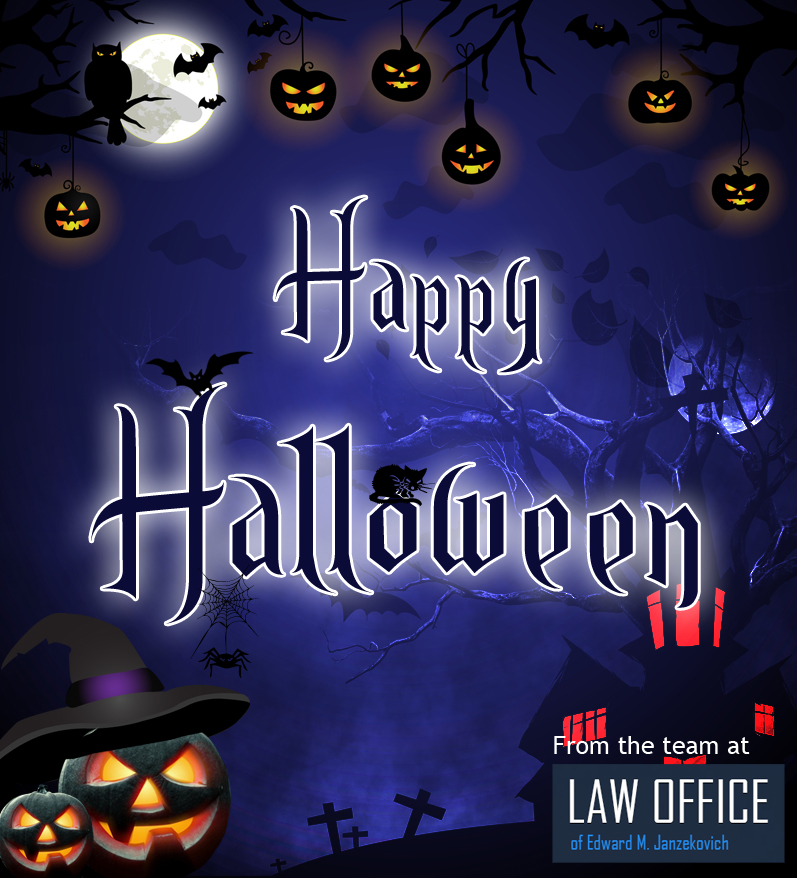A recent federal lawsuit is shining a light on so called Drug Recognition Experts (DREs), and aiming to raise questions about whether or not DREs are truly able to identify signs of intoxication or if their tactics are fake science and no more effective in the field than guessing or bias.
Drug Recognition Experts (DREs)
As we have discussed previously in the Edward M. Janzekovich law blog, there is currently no technology that would allow a police officer to quickly determine whether or not a driver has been driving under the influence of many drugs. Unlike in the case of alcohol intoxication, there is no “breathalyzer” that can reliably test for blood alcohol level when it comes to many drugs and intoxication.
A DRE is a police officer who has special training in identifying if someone is under the influence of drugs, what kind of drugs they are on, and whether their ability to drive has been impaired or not – whether or not they are driving high. DREs are certified in tactics that are supposed to be especially designed to allow the officers to identify when someone is under the influence of drugs such as marijuana, for which intoxication tests do not currently exist.
There are seven (7) categories of drugs that a drug recognition expert is trained to detect — Central Nervous System Depressants, Inhalants, Dissociative Anesthetics, Cannabis, Central Nervous System Stimulants, Hallucinogens and Narcotic Analgesics. Notably, their evaluations are done through a visual assessment of the driver, known as the “12-step DRE protocol”.
The Story Behind the Federal Lawsuit
Katelyn Ebner, a 23-year-old Georgia resident was recently pulled over by a police officer named Tracy Carroll, who is a DRE. Ebner was originally pulled over for failing to maintain her lane of traffic, when Carroll decided that Ebner was under the influence of marijuana, based on his observations. Ebner was adamant that she did not smoke marijuana and offered to take a drug test to prove it. However, no such test exists. Moreover, since Carroll was a DRE, there was no need for a drug test because, to put it simply, he is considered the drug test. Ebner was then arrested, charged with DUI, taken to jail, and given a blood test.
The following conversation was recorded:
Katelyn Ebner: “Sir, I can promise you, I have never — please — I have never smoked marijuana.”
Officer Carroll: “Okay. Well, ma’am, you’re giving me indicators — several, several indicators — that you have, okay?”
Katelyn Ebner: “Okay, so when I do a drug test, I’ll be free to go, correct?”
Officer Carroll: “You’re going to jail, ma’am. Okay? I don’t have a magical drug test that I can give you right now.”
Ebner’s blood tests ultimately came back clean, and charges against her were eventually dropped.
Ebner is now one of three plaintiffs in a federal lawsuit who were all pulled over by Carroll for failing to maintain their lane of traffic and then all deemed to be under the influence of marijuana by Carroll. All of them were then immediately arrested and spent a night in jail. In every case, the DUI charges were eventually dropped after blood tests showed no trace of marijuana in the citizens’ blood.
Goals of the Lawsuit
The ACLU of Georgia, representing the plaintiffs in the lawsuit, claim that Officer Carroll used a “watered-down version” of the 12-step protocol utilized by DREs. They note that “Carroll’s pattern and practice of enforcing DUI-drug infractions…was to arrest an individual based on nothing more than a hunch[.]” Furthermore, they claim that the protocol itself is flawed based on discredited studies and because it irresponsibly entrusts police officers with performing what are essentially scientific and medical tests.
Importantly, the lawsuit also asserts that all the plaintiffs felt they had no choice but to submit to drug tests, especially after Carroll told them that state law required them to do so and that their driver’s licenses would be suspended if they refused, therefore their consent to the tests was not genuine. Additionally, since there was no warrant, the blood tests given to them violated the Fourth Amendment’s ban on unreasonable searches and seizures. New Jersey law only requires a person to supply a breath test, which cannot test for any substance other than alcohol.
If the lawsuit is successful, it could call into question stops and arrests like this that are made across the country every day, and could result in new standards for when a police officer is permitted to arrest a driver based on the suspicion of driving while high. Until that time, however, there are still many ways to challenge an arrest for driving under the influence of alcohol or drugs in New Jersey. If you or someone you know is ever arrested or charged with DUI or DWI, it is important to contact an experienced attorney as soon as possible. A good lawyer will be able to review the circumstances of your case and determine if the police officers acted appropriately, including whether he or she had probable cause to subject you to a drug test in the first place.
New Jersey DUI Attorney Edward M. Janzekovich Can Explain and Fight for Your Rights
Because defending against charges of driving under the influence of drugs or alcohol can be very complicated, it is important to get an experienced DUI/DWI attorney in any situation where you or someone you know is charged. If you are charged with driving under the influence of drugs or alcohol in New Jersey, an experienced DWI/DUI attorney can make all the difference. To speak with an experienced New Jersey DWI lawyer about your situation, call us at 732-257-1137 or contact us online today. We serve clients throughout the state of New Jersey.













